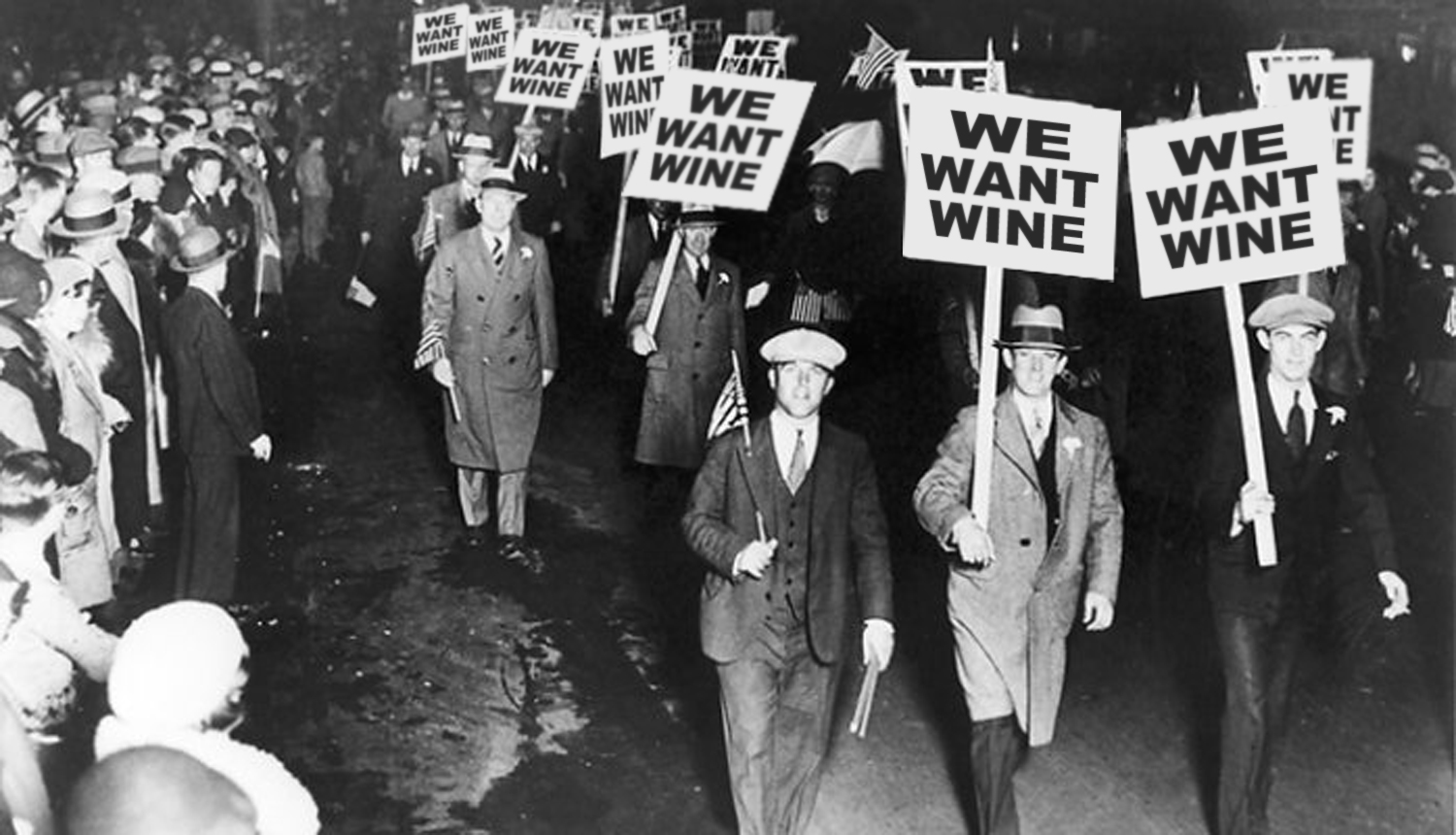Hicken hired as liquor policy advisor to new BC government #BCWine2017Top10
#BCWine2017Top10: Number 4
The “Top 10” BC wine stories of 2017 continues, focusing on an inspired hire by the BC provincial government, intended to review our challenging regulatory environment for liquor production and sales.

It was a brief news release from the BC Attorney General’s office on a Monday morning, amounting to only 100 words total. While it will not have an immediate impact on what you drink or how much you pay for it, what was announced could potentially signal important changes to the production and sale of wine, beer and spirits in our province.
Under the headline “Renewed commitment to B.C.’s liquor industries,” the government website announced that long-time wine industry lawyer and expert Mark Hicken had been retained as a liquor policy advisor, and tasked with leading “outreach to B.C.’s beer, wine and spirits stakeholders, including the manufacturing, retail and hospitality sectors, to gather input on areas of interest.” Hicken — our good friend and past contributor here at BCWineLover.com in addition to being a liquor industry analyst — will also advise government on the creation of a B.C. beer, wine, and spirits panel.
The government release was quick to note that this was a “platform commitment” for the new BC NDP government. The Hon. David Eby, Attorney General, now owns liquor regulations as part of his broad Cabinet portfolio.

Indeed, the BC NDP deserve credit for mentioning support of BC’s liquor and hospitality sector within their platform. After praising the success of the province’s wineries, viticulturalists, and craft brewers, the party committed to three planks to support the sector: 1) promoting local products, 2) working to expand out-of-province markets, and 3) investing in post-secondary training and education to grow the industry.
Platform promises are vulnerable to the realities of governing and managing budgets, but it makes sense to hold the government to these commitments. Hiring someone as respected by the industry as Hicken to build trust between government and key stakeholders represents a good first step.
As Minister Eby was quick to point out in a November interview with Global BC News, “the work with industry was not happening, so we’re reversing that.” Though many of the sweeping changes to liquor regulations under the previous BC Liberal government were well-received, there still were many challenges, particularly when it came to licensing retail liquor sellers.
Though Hicken’s appointment was warmly received by liquor and wine industry observers, not everyone was convinced his involvement alone can repair BC’s allegedly bureaucratic, top-down administration of the liquor business in this province. Notwithstanding, there are few individuals who have the industry knowledge, network, and the calm demeanour needed to bring people together.
Given the struggles they say they’ve faced, restauranteurs and bar owners must be holding their breath in anticipation.
One area that may receive renewed interest is enacting the rest of the recommendations of the BC Wine Appellation Task Group, as noted by reporter Glen Korstrom at Business in Vancouver newspaper.
Hicken will report through the Ministry of Attorney General, so it is unclear how much he will be involved in advising the Ministry of Agriculture on whether to change regulations to conform with recommendations that passed in a plebiscite that B.C.’s wine industry held between May 20 and July 1, 2016. The previous Liberal administration only passed three of the 10 recommendations that wine-industry insiders passed in that plebiscite.
Many hope that the Minister, and the BC government, will make delivering on 21st Century reforms of B.C.’s liquor business a priority. Properly executed, the reforms will both reduce costs and red tape, while increasing government revenue. This will also result in better choice for consumers.
Eby said the new liquor industry advisory panel would likely convene in early 2018.
Let’s raise a glass to that.

